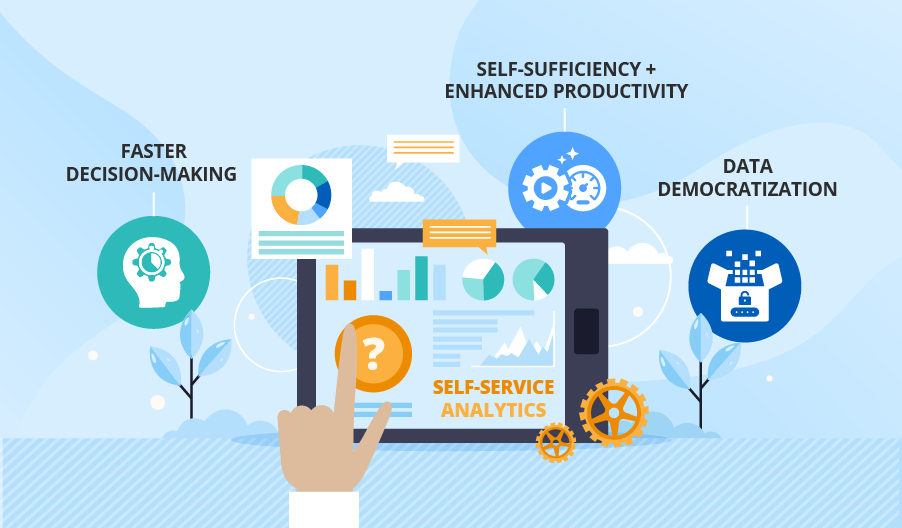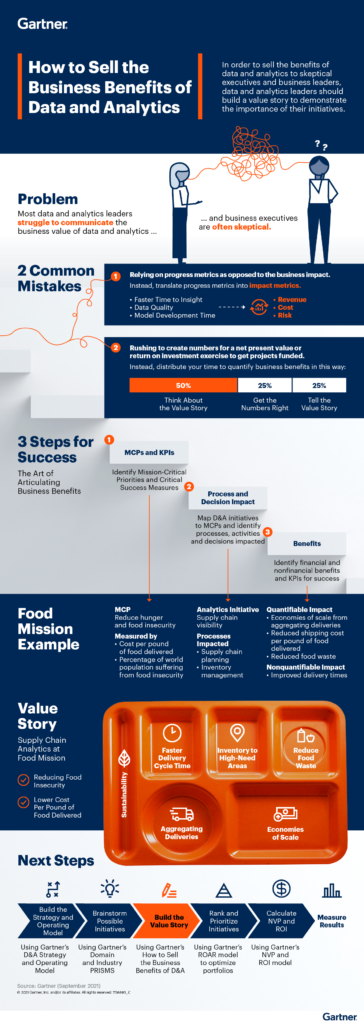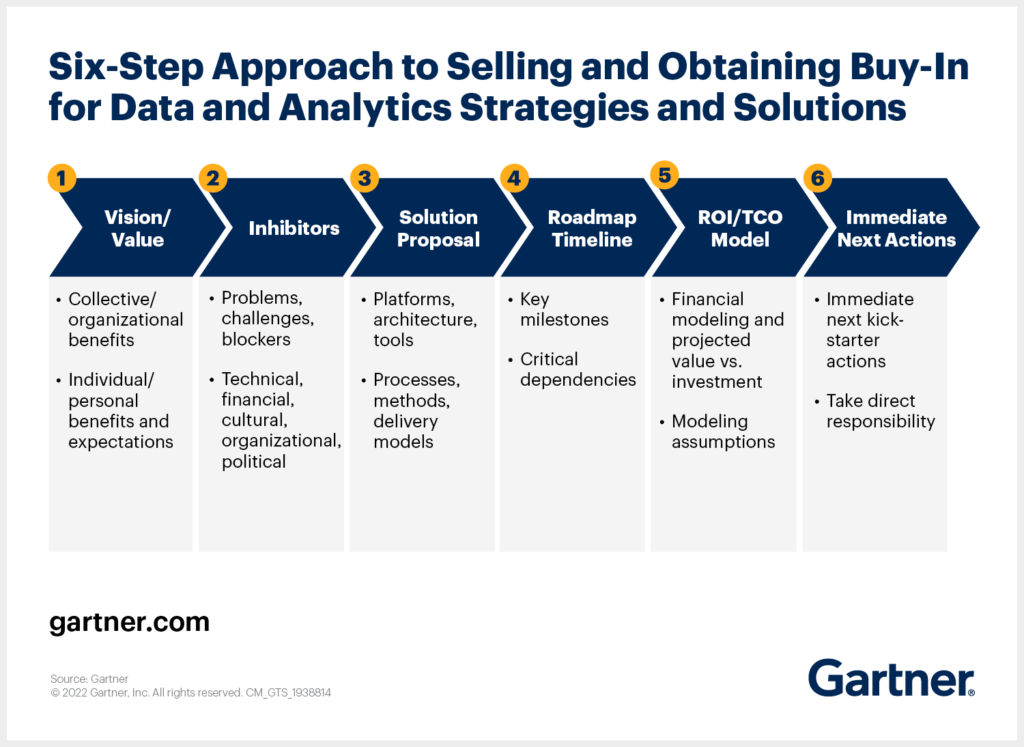Data analytics is a field that has been growing rapidly in recent years, thanks to the explosion of data that businesses and organizations generate on a daily basis. While it is a field that promises great opportunities and rewards, many people are also curious about the potential downsides of working in data analytics. One of the most common questions that people ask is whether data analytics is a stressful job.
The answer to this question is not straightforward, as it largely depends on the individual and the organization they work for. Some data analysts find their work to be highly stimulating and satisfying, while others may struggle with the pressure and demands of the job. In this article, we will dive into the world of data analytics and explore the factors that can contribute to stress in this field, as well as some tips for managing stress and thriving in your career as a data analyst.
Data analytics can be stressful, depending on the project. The most important thing is to set realistic goals and expectations, and managing your time effectively. Make sure to break down your project into smaller tasks and prioritize them. Additionally, gaining experience and staying organized are key to managing stress levels.

Is Data Analytics Stressful?
Data analytics is a field that is rapidly growing and evolving, and it can be both exciting and challenging. It involves analyzing large amounts of data and coming up with meaningful insights and solutions that can be used to improve business operations. As with any job, there are certain aspects of data analytics that can be stressful, but there are also ways to manage this stress and make it a more enjoyable and rewarding experience.
The Challenges of Data Analytics
Data analytics can be a complex and time-consuming job, and it requires a high level of attention to detail. Analysts must be able to identify patterns and draw meaningful insights from large datasets. This requires a great deal of organization, problem-solving skills, and creativity. Additionally, data analysts must be able to communicate their findings to stakeholders, which can be challenging and stressful.
Another challenge that data analysts face is the pressure to produce accurate and meaningful results quickly. This can be especially stressful for those who are new to data analytics, as they may not have the experience or knowledge to complete their tasks efficiently and effectively. Additionally, data analysts must stay up-to-date on the ever-changing trends and technologies, which can be taxing.
Managing Stress in Data Analytics
Data analytics can be a stressful job, but there are ways to manage the stress and make it more enjoyable. One of the best ways to manage stress is to set realistic expectations and goals. It is important to be realistic about the time it will take to complete tasks and to break down complex projects into smaller, more manageable steps. Additionally, it is important to understand the importance of taking breaks and managing time efficiently.
Another way to manage stress in data analytics is to stay organized. Analysts should develop and use an organized workflow that keeps track of tasks and deadlines, and they should have an efficient system for filing and organizing data. Additionally, it is important to seek help and support when necessary, whether it is from colleagues, supervisors, or outside resources.
Finally, it is important for data analysts to stay up-to-date on the latest trends and technologies in the field. This can be done by attending conferences, taking courses, and reading industry publications. Doing this will help analysts stay on top of the latest trends and advancements, and it will give them the confidence to tackle any challenges that arise.
Frequently Asked Questions About Data Analytics Stress
Data analytics is a complex field, and it can be difficult to navigate. Stress is a normal part of any job, but understanding the potential sources of stress can help you to better manage it. Here are some frequently asked questions about data analytics stress.
1. Is Data Analytics Stressful?
Data analytics can be a very stressful job. It requires a lot of attention to detail, and there is often a lot of pressure to make sure that data is accurate and up to date. Additionally, data analytics often requires working with large datasets, which can be difficult to sift through and understand. As such, the job can be quite stressful, especially if deadlines are tight or the data is difficult to understand.
At the same time, data analytics can also be quite rewarding. With the right tools and techniques, data analytics can be a powerful tool for understanding the world around us. With the right approach, data analytics can also be a rewarding and enjoyable job.
2. What are the Sources of Data Analytics Stress?
The sources of data analytics stress can vary from person to person. However, some common sources of stress include tight deadlines, a lack of understanding of the data, and difficulty in finding the right tools and techniques for the job. Additionally, data analytics can often be a complex and time consuming task, which can add to the stress of the job.
It is important to remember that data analytics can also be a rewarding job. With the right tools and techniques, data analytics can be a powerful tool for understanding the world around us. With the right approach, data analytics can also be a rewarding and enjoyable job.
3. How Can I Reduce Data Analytics Stress?
There are a few steps you can take to reduce data analytics stress. First, it is important to take the time to understand the data. If you can understand the data, you will be better equipped to make sense of it. Additionally, it is important to use the right tools and techniques for the job. This will help you to work more efficiently, which can reduce stress. Finally, it is important to remember to take breaks and to ask for help if you need it.
4. What is the Impact of Data Analytics Stress?
Data analytics stress can have a significant impact on both your physical and mental health. Stress can lead to exhaustion and burnout, which can cause physical symptoms such as headaches, fatigue, and difficulty sleeping. Stress can also lead to mental health issues such as depression and anxiety. It is important to recognize the signs of stress and to take steps to reduce it.
5. How Can I Manage Data Analytics Stress?
There are a few steps you can take to manage data analytics stress. First, it is important to take regular breaks. This will help you to stay focused and to take care of your mental and physical health. Additionally, it is important to make sure that you are using the right tools and techniques for the job. This will help you to work more efficiently and to reduce stress. Finally, it is important to ask for help if you need it. Talking to colleagues or a mentor can be a great way to get support and advice.
Things I HATE About Being a Data Analyst
In conclusion, data analytics can be a highly rewarding and exciting field to work in, but it can also be stressful. The pressure to gather and interpret large amounts of complex data within tight deadlines can often lead to high levels of stress and anxiety. However, with the right mindset and approach, this stress can be managed effectively.
It is important for data analysts to prioritize their mental health and wellbeing, and to seek support and resources when needed. By adopting healthy habits such as regular exercise, meditation, and time management techniques, data analysts can minimize the negative effects of stress and maximize their productivity and success in the field. Ultimately, with a balanced approach and a willingness to adapt and learn, data analytics can be a highly fulfilling and rewarding career path.



